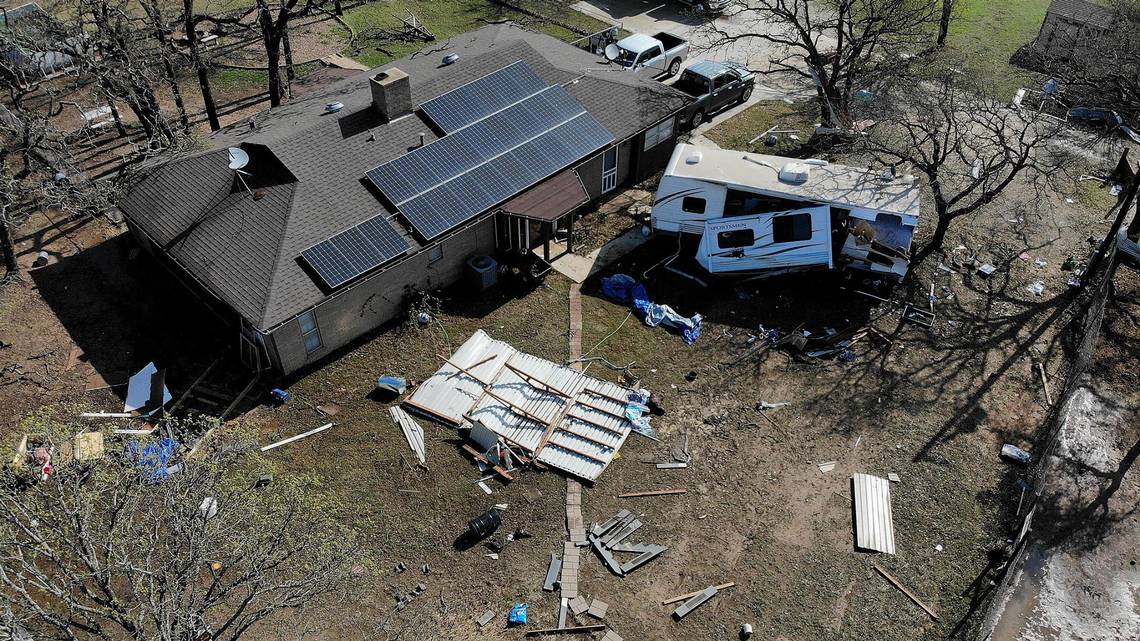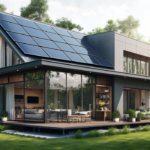Shield Your Home During Natural Disasters

Natural disasters like hurricanes, earthquakes, and wildfires can strike with little warning, leaving communities vulnerable to devastation. In recent times, renewable energy sources such as solar panels have emerged as not only a means of sustainable power generation but also as a surprising ally in protecting homes during these catastrophic events. Harnessing the sun’s energy, solar panels offer a range of benefits that extend beyond eco-friendliness, including enhanced resilience in the face of natural disasters.
- Energy Independence
Solar panels generate electricity by converting sunlight into usable energy. This decentralized power source provides homeowners with a degree of energy independence, which can be invaluable during natural disasters when the main power grid might be compromised. The ability to generate and store electricity on-site ensures that essential appliances, communication devices, and medical equipment remain operational, enhancing the overall preparedness of the household.
- Backup Power Generation
One of the key advantages of solar panels is the potential to store excess energy in batteries for later use. During calm periods, such as before a disaster strikes, solar panels can accumulate energy that can be tapped into when the grid goes down. This backup power source can keep critical systems running, such as refrigeration, heating or cooling, lighting, and security systems, maintaining a sense of normalcy even in the midst of chaos.
- Durability and Low Maintenance
Modern solar panels are designed to withstand a range of environmental conditions. Many panels are engineered to endure harsh weather, including heavy rainfall, strong winds, and even hail. Their robust construction minimizes the risk of damage during natural disasters, ensuring that they can continue operating efficiently even after the worst has passed. Moreover, solar panels require minimal maintenance, reducing the risk of failure when it’s needed most.
- Reduced Environmental Impact
Solar panels contribute to a more sustainable future by reducing reliance on fossil fuels and decreasing carbon emissions. By adopting renewable energy sources like solar power, homeowners can indirectly contribute to mitigating the factors that contribute to climate change, which can influence the frequency and severity of certain natural disasters.
- Disaster Recovery and Resilience
Following a natural disaster, access to electricity becomes a critical factor in recovery efforts. Solar panels can help restore power quickly, reducing the burden on emergency responders and local utility companies. In addition, homes equipped with solar panels can serve as charging stations for emergency devices, providing a lifeline for communication and coordination among family members and authorities.
As the world grapples with the increasing frequency and intensity of natural disasters, the role of renewable energy sources like solar panels becomes more apparent. These innovative systems not only contribute to a greener planet but also offer a layer of protection and resilience for homeowners during challenging times. The ability to generate and store power independently ensures that homes remain operational, secure, and connected in the aftermath of natural disasters. Incorporating solar panels into disaster preparedness plans is a step toward a more sustainable and disaster-resilient future.
Interested in learning more? Call 866-471-8852 to speak to an expert in solar.


